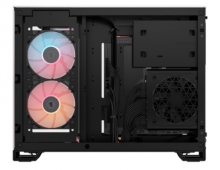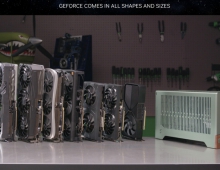
Nvidia to Buy Mellanox for $6.9 Billion
Nvidia has agreed to buy chipmaker Mellanox Technologies Ltd. for $6.9 billion, gaining expertise to help it push into the market for data center components.
Pursuant to the agreement between the two companies, NVIDIA will acquire all of the issued and outstanding common shares of Mellanox for $125 per share in cash, representing a total enterprise value of approximately $6.9 billion.
Nvidia’s biggest-ever acquisition is aimed at accelerating momentum for one of Chief Executive Officer Jensen Huang’s most successful initiatives. The company’s founder built a multi-billion-dollar business in under three years by persuading owners of data centers that his graphics chips are the right solution for processing the increasingly large amounts of information needed for artificial intelligence work, such as image recognition.
Together, NVIDIA’s computing platform and Mellanox’s interconnects power over 250 of the world’s TOP500 supercomputers and have as customers every major cloud service provider and computer maker.
Datacenters in the future will be architected as giant compute engines with tens of thousands of compute nodes, designed holistically with their interconnects for optimal performance.
An early innovator in interconnect technology, Mellanox pioneered the InfiniBand interconnect technology, which along with its high-speed Ethernet products is now used in over half of the world’s fastest supercomputers and in many hyperscale datacenters.
With Mellanox, NVIDIA plans to optimize datacenter-scale workloads across the entire computing, networking and storage stack to achieve higher performance, greater utilization and lower operating cost for customers.
Once the combination is complete, NVIDIA intends to continue investing in talent in Israel. Customer sales and support will not change as a result of this transaction.
Under Huang, Nvidia developed the Cuda programming language now widely adopted by the industry, which helps tailor chips for artificial intelligence processing. The Nvidia unit that serves that market has tripled sales in the past three years.




















